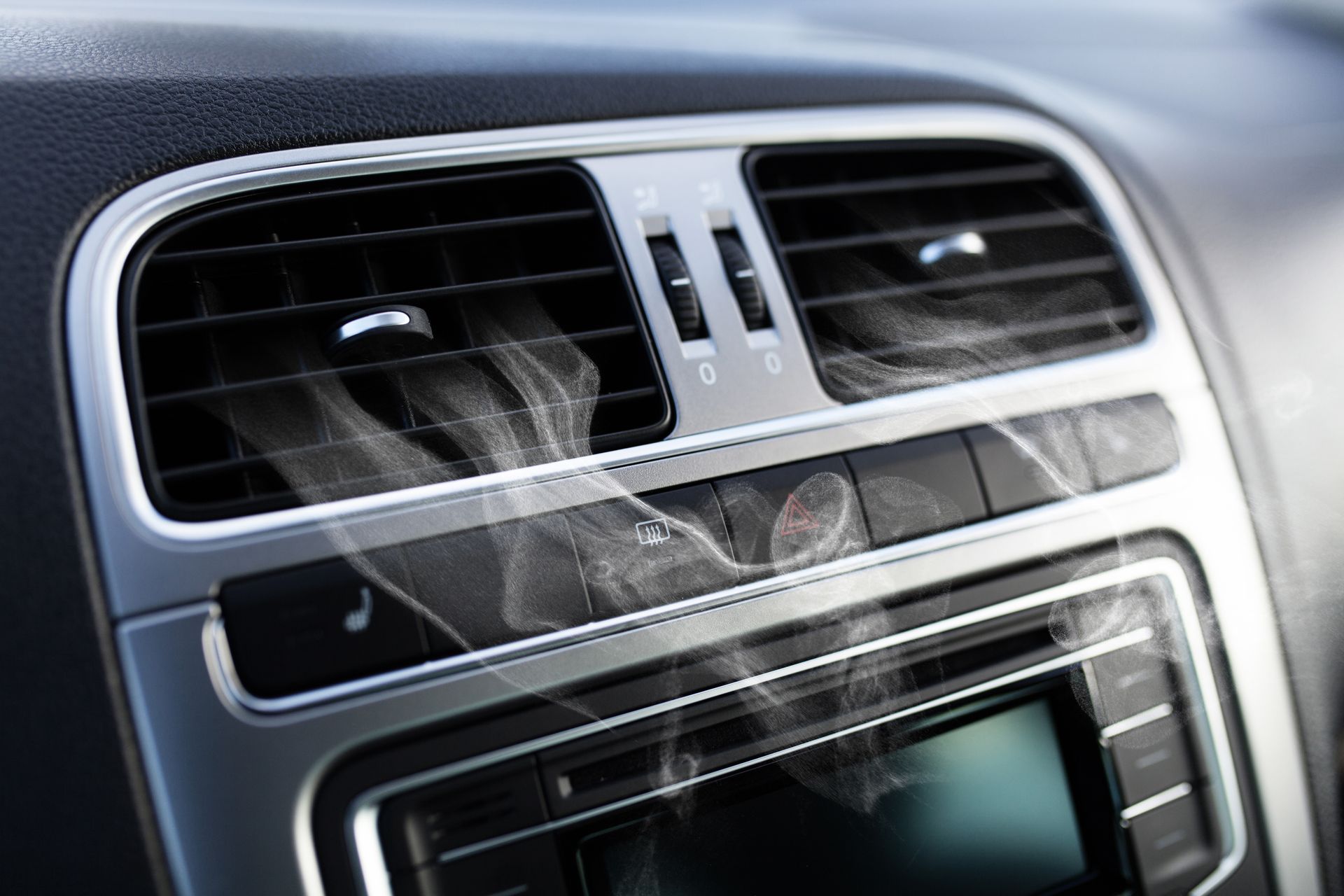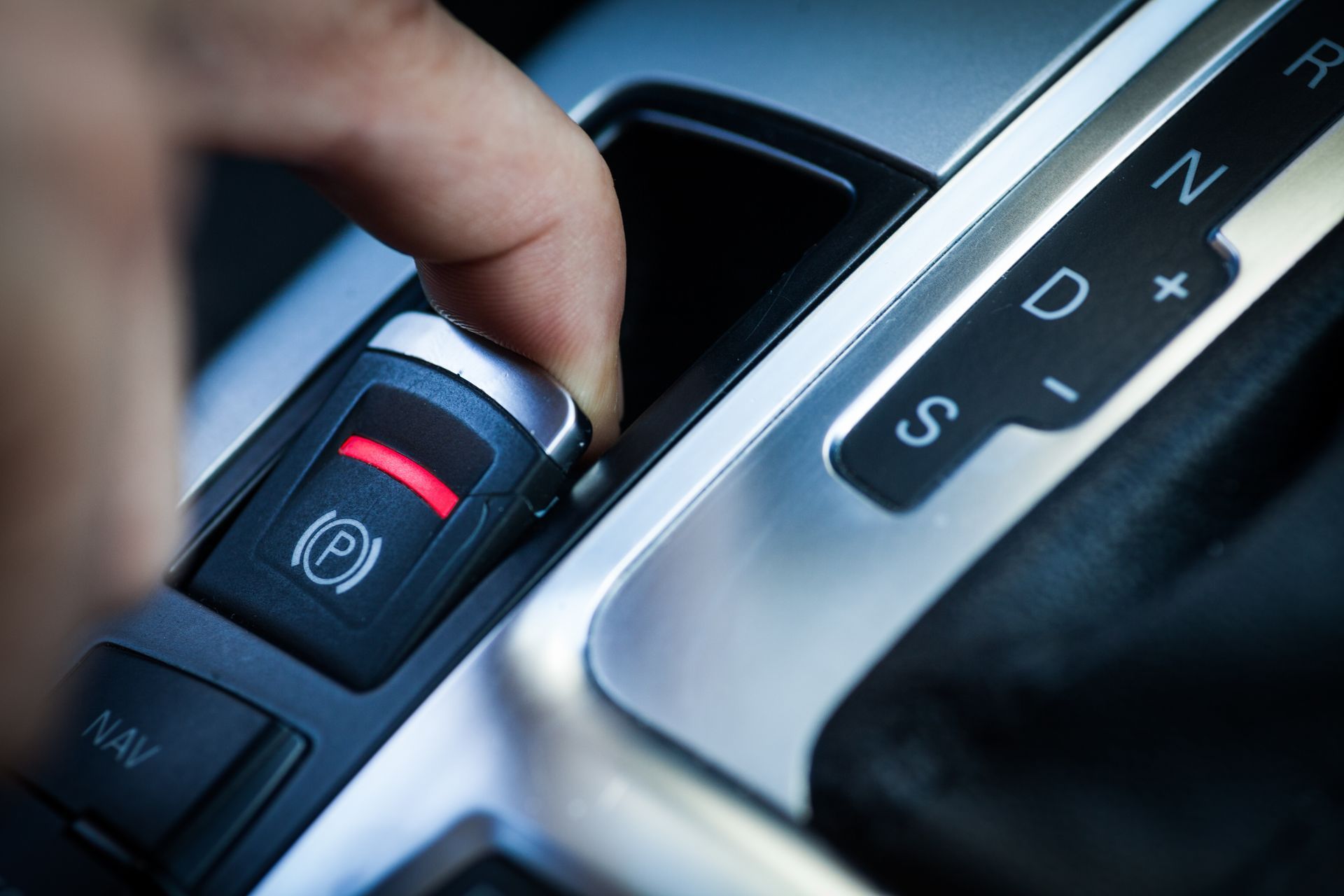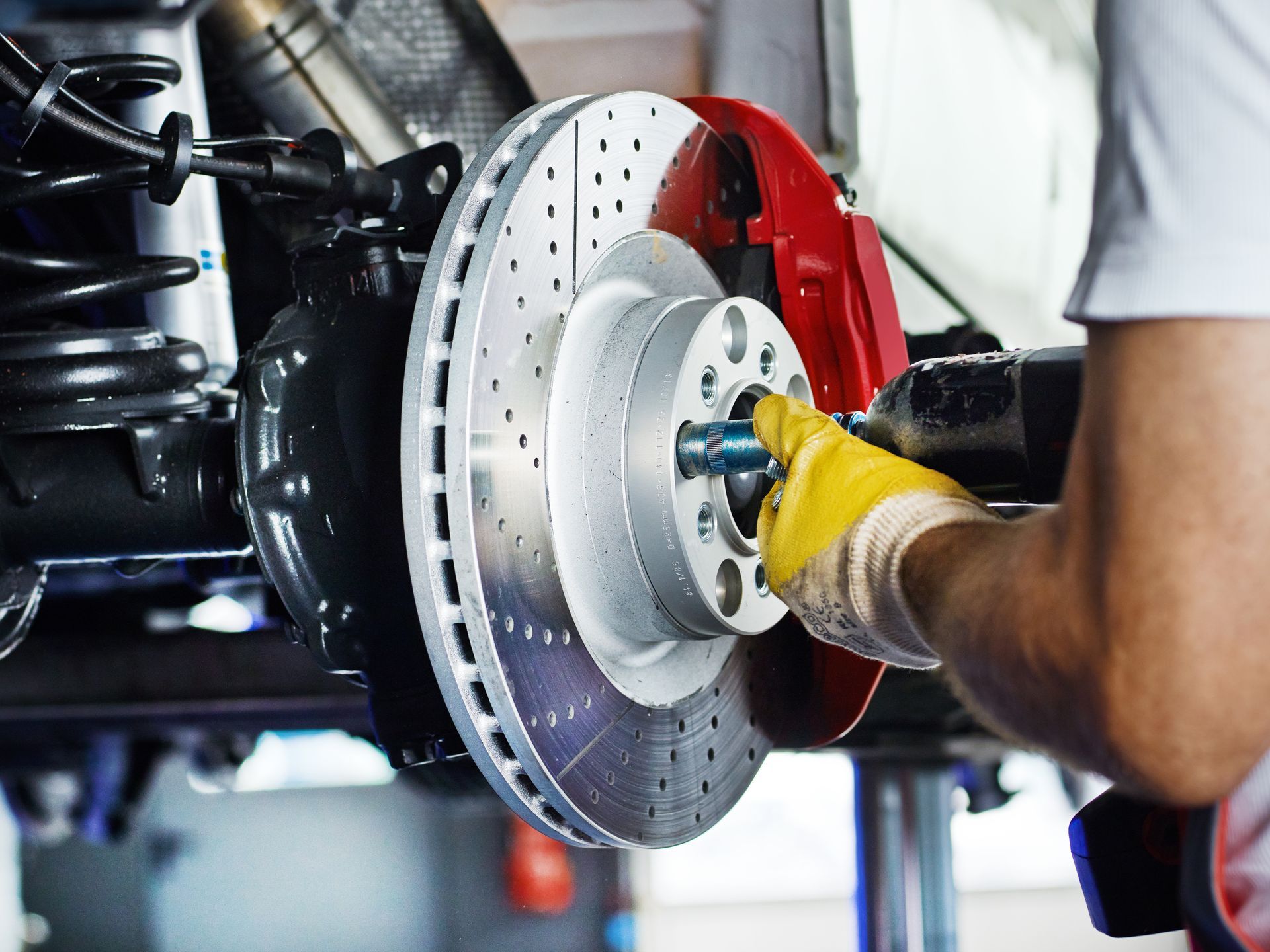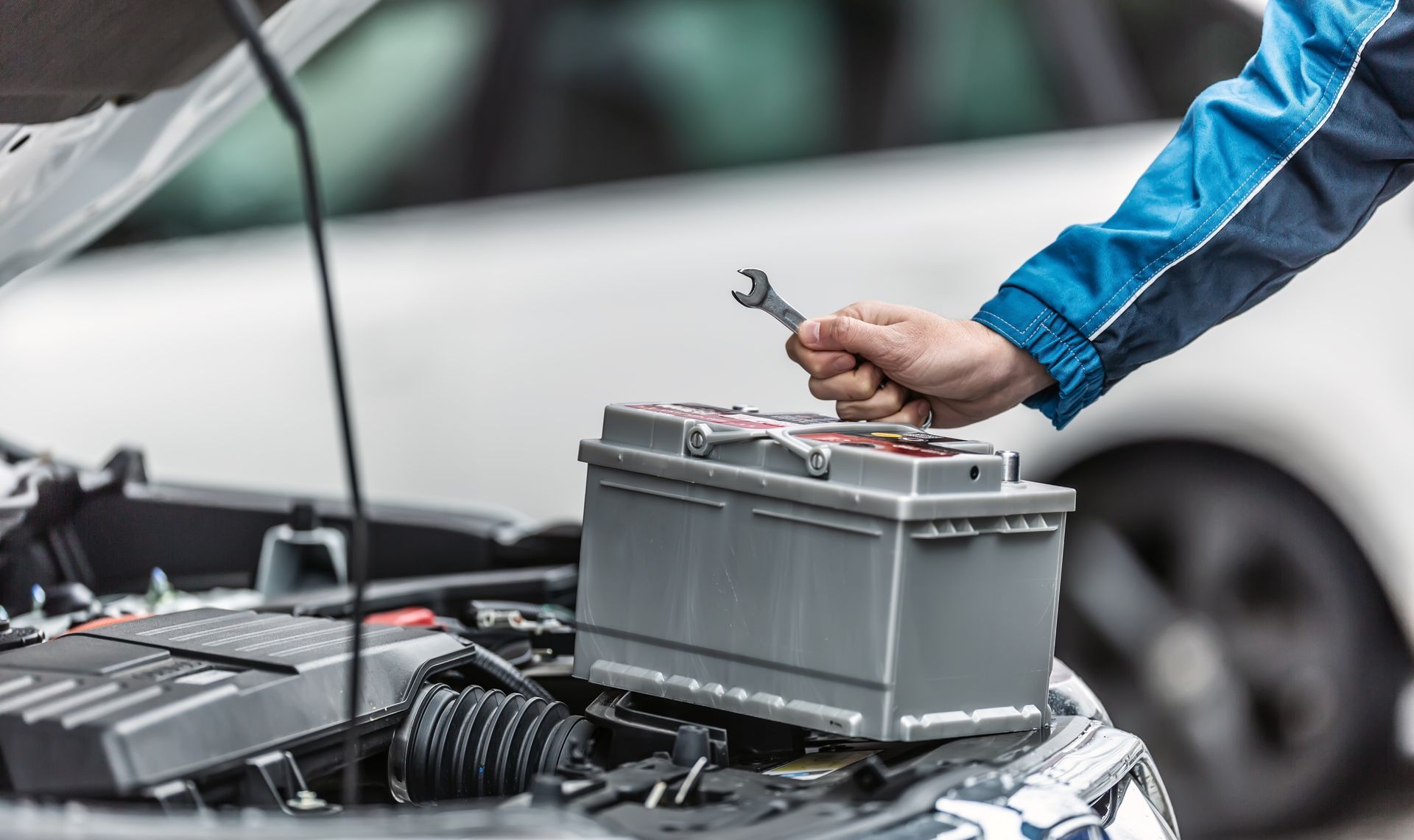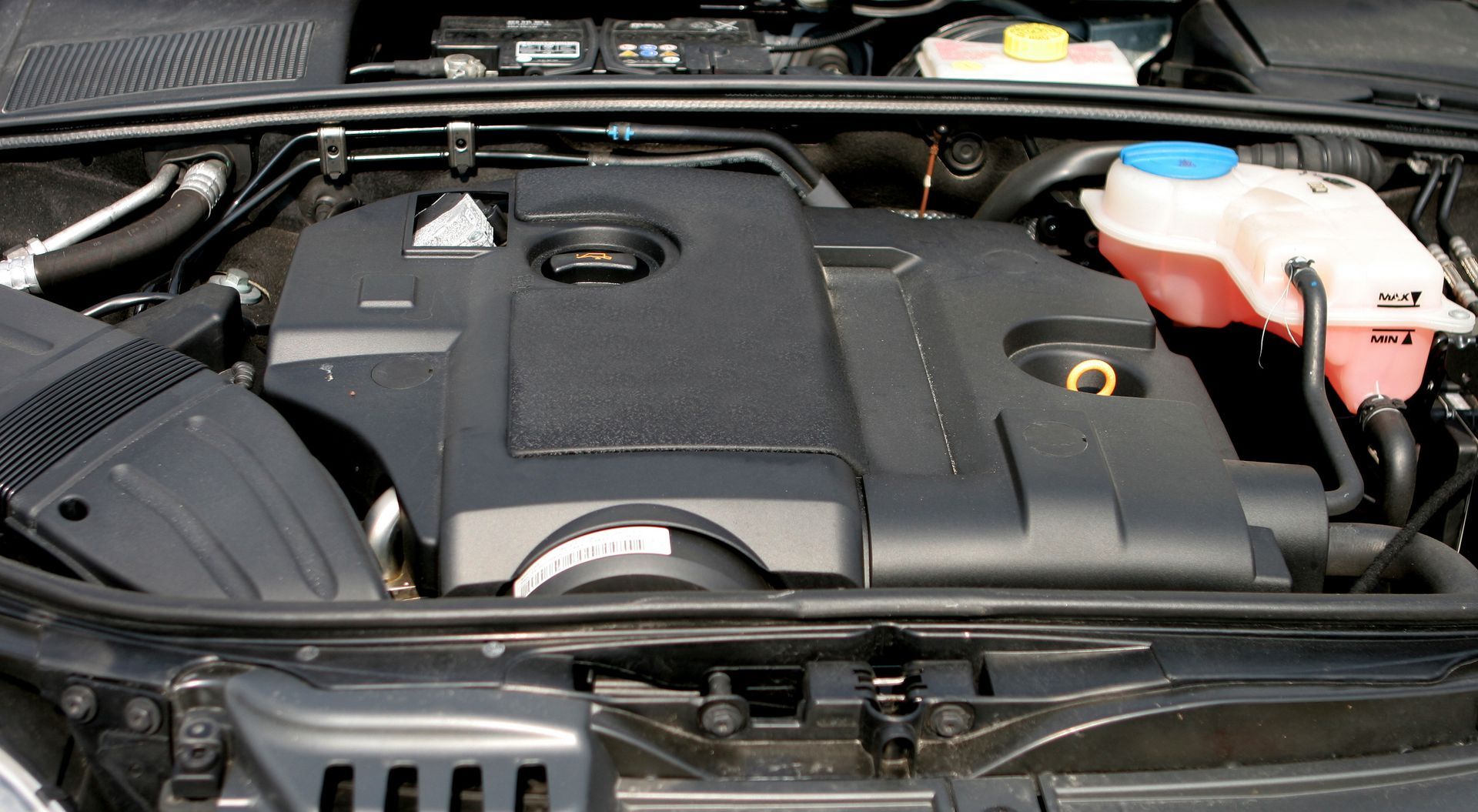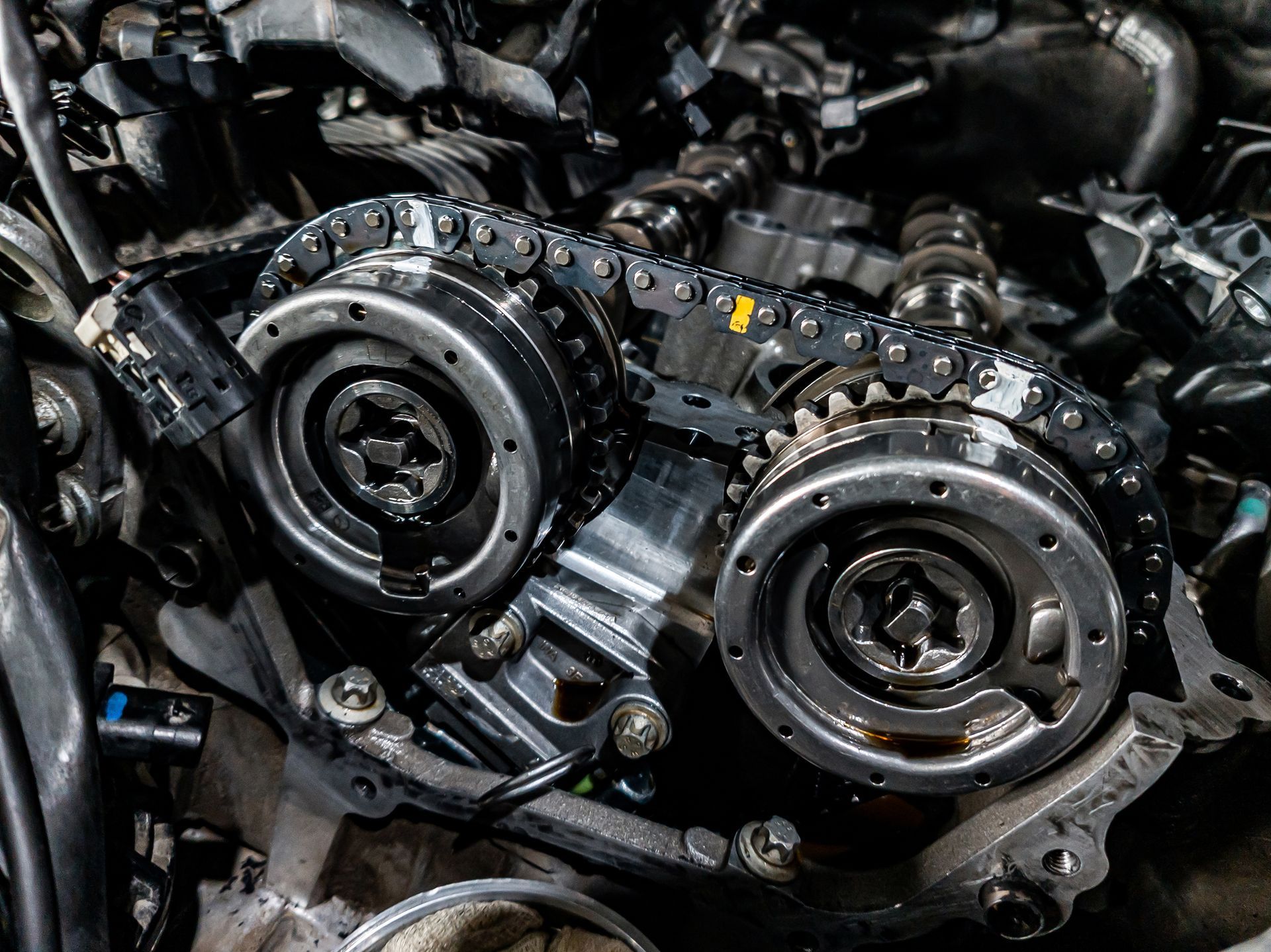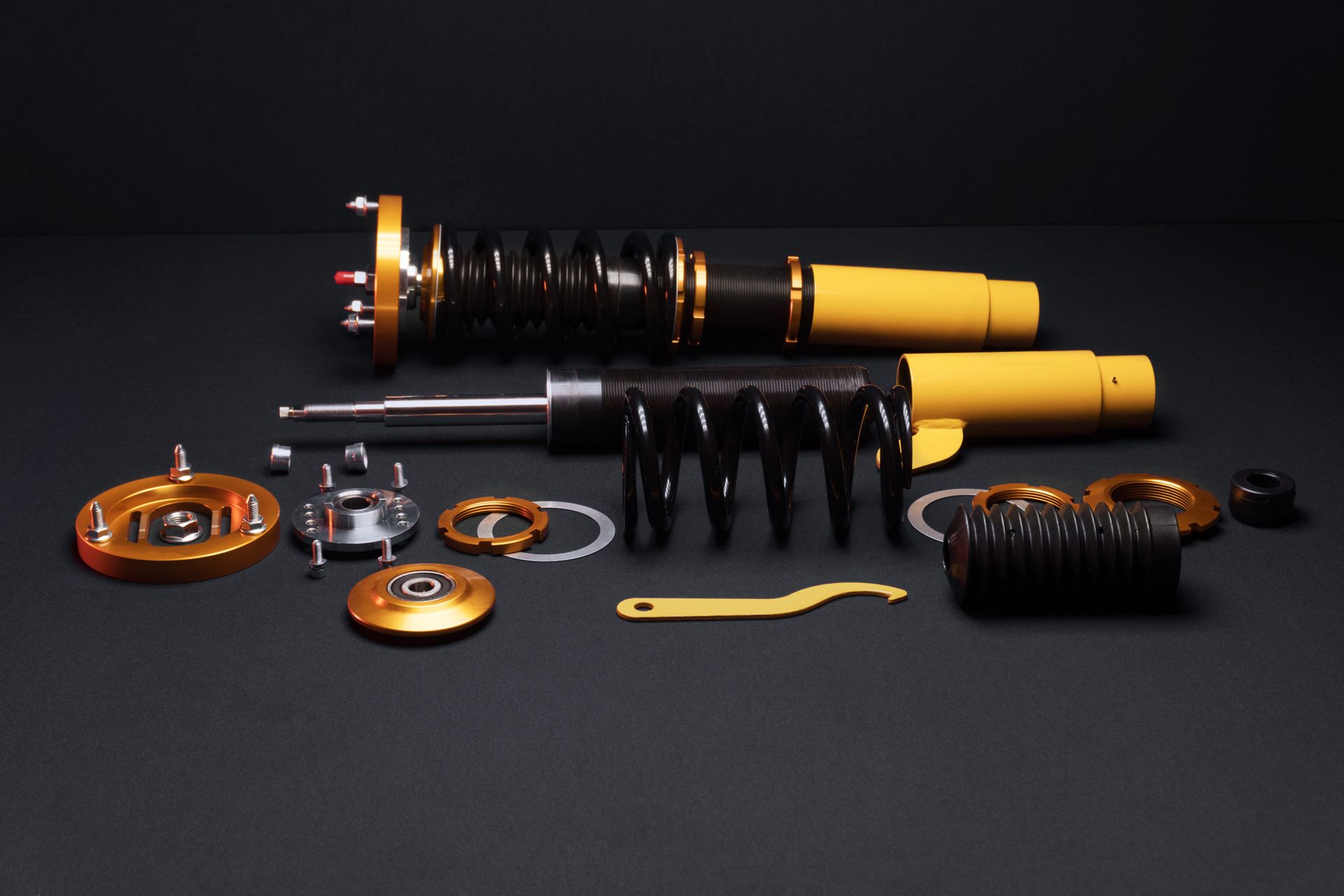You’ve spotted a small oil spot on the driveway or noticed a faint burning smell after driving. Your engine still runs fine, and there are no warning lights, so you might wonder—can you just ignore it? While a minor oil leak might not seem urgent, it’s not something you should overlook for long.
Even small leaks can worsen over time, lead to unexpected engine problems, and create safety risks. Knowing what causes oil leaks and when to take action can save you from a costly repair down the road.
Where Do Oil Leaks Come From
Oil can escape from your engine through several different places. Over time, seals and gaskets can wear out, particularly in high-mileage vehicles or those operating in extreme temperature conditions. Common sources of oil leaks include:
- Valve cover gaskets
- Oil pan gaskets
- Oil filter housing
- Crankshaft or camshaft seals
- Drain plug or oil filter after an oil change
A small leak might only produce a few drops, but that doesn’t mean everything inside your engine is working as it should.
Why Driving With a Leak Is Risky
Oil is the lifeblood of your engine. It reduces friction, keeps components cool, and prevents premature wear. If your car loses too much oil, it will lead to low oil pressure, overheating, and internal damage.
You might not notice the effects right away, but over time, the consequences can be serious:
- Increased engine wear
- Poor fuel economy
- Risk of fire if oil contacts hot engine parts
- Damage to belts, hoses, and rubber components
If the leak reaches your alternator or sensors, it can also create electrical issues.
What the Warning Signs Look Like
You might not always see a puddle under the car. Other signs of a leak include a burning oil smell, smoke from under the hood, or low oil levels between changes. If your dashboard oil light flickers or stays on, it means the leak is now affecting engine performance and should be addressed immediately.
It’s also worth noting that oil leaks can fail vehicle inspections, especially in states with emissions or safety checks.
Can You Just Keep Topping It Off
Topping off your oil might seem like a simple workaround, but it’s not a solution. Doing so doesn’t stop the leak or prevent potential damage to your engine or surrounding parts. It also becomes easy to forget, which increases the risk of running too low on oil without realizing it.
Eventually, the cost of constantly adding oil adds up and doesn’t address the root cause.
How Technicians Diagnose Leaks
Finding the exact source of an oil leak usually requires a professional inspection. Technicians may use UV dye and a black light, clean the engine to track new oil traces or inspect seals and gaskets by removing certain components.
Once located, the repair may involve something simple, like tightening the oil drain plug or replacing a gasket. More serious leaks, such as a failed rear main seal, require more labor, but addressing them early prevents engine failure and incurring bigger bills.
Protect Your Engine With Help From Malones Automotive Service in Marietta, GA
Even if your vehicle still drives well, don’t ignore signs of an oil leak. A quick inspection can help catch problems early, prevent long-term damage, and keep your car running reliably.
Call
Malones Automotive Service in Marietta, GA, today to schedule an oil leak inspection and keep your engine protected.

